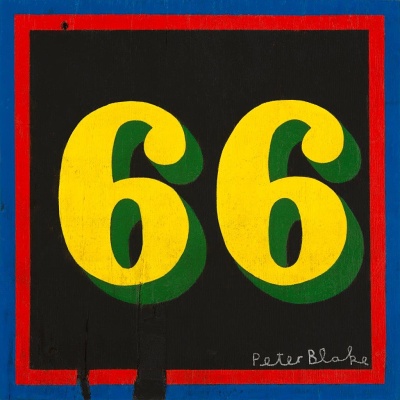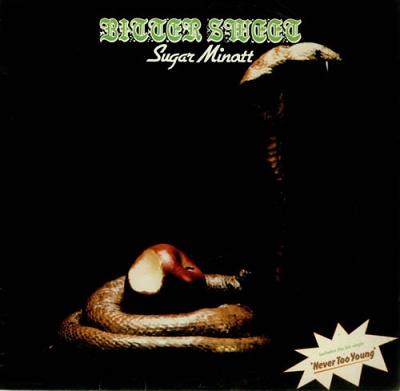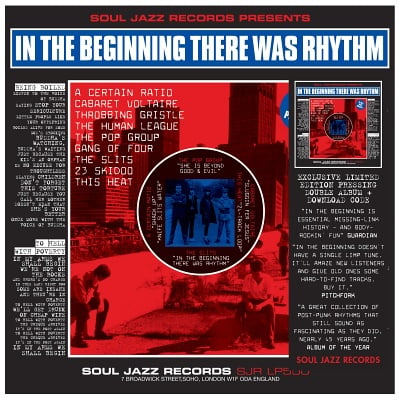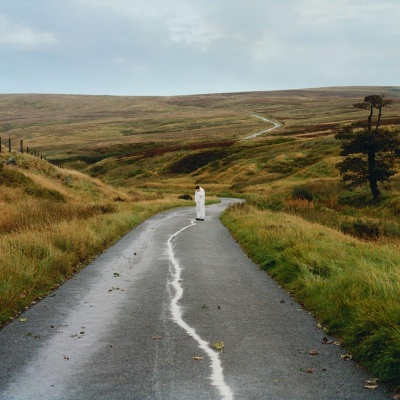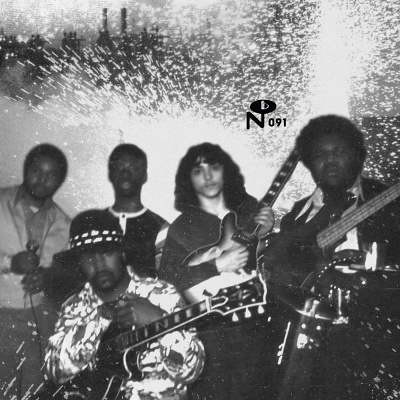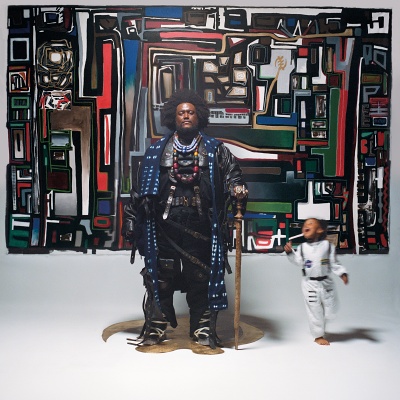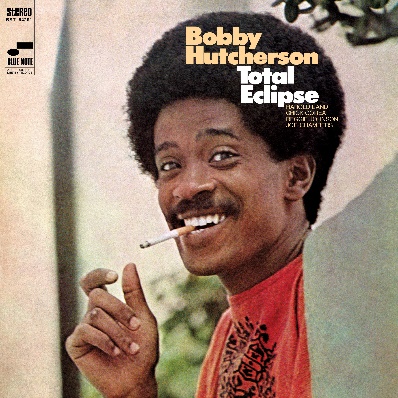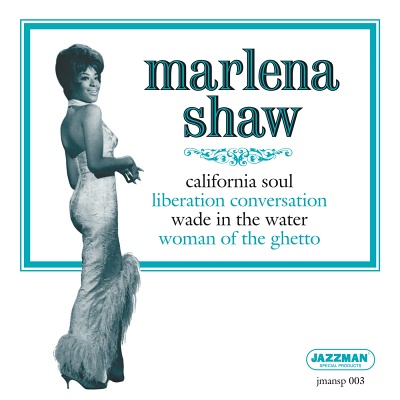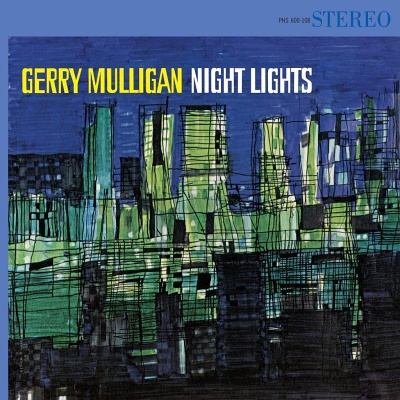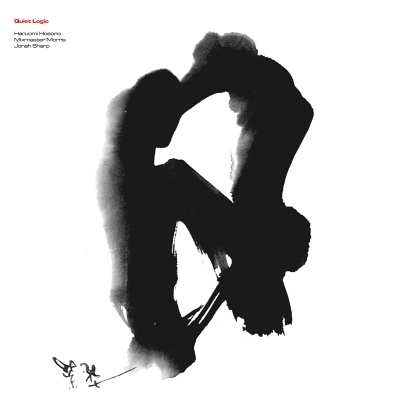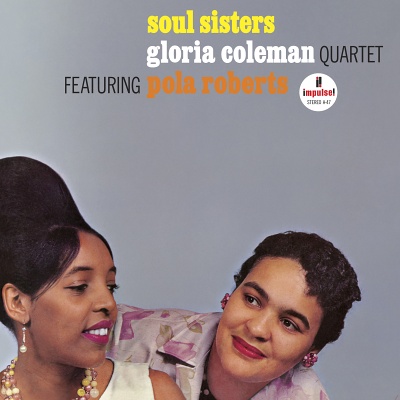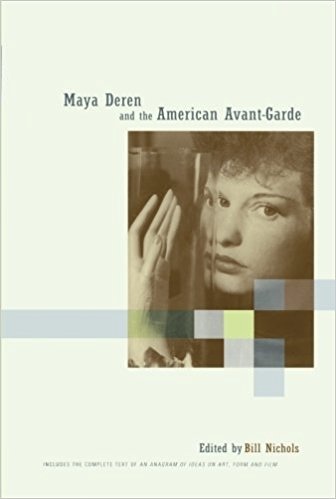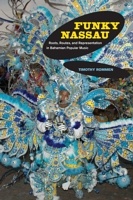- Book (500g) 9780520227323£27.95Out of stock Notify me when this item is released/available
Regarded as one of the founders of the postwar American independent cinema, the legendary Maya Deren was a poet, photographer, ethnographer, filmmaker and impresario. Among the topics covered in this volume are Deren's ties with the avant-garde of her day and its predecessors; her perspective on vodoun ritual, possession ceremonies, and social harmony; her work in relation to the modern dance tradition and its racial inflections; her thoughts, written in the shadow of Hiroshima and Nagasaki, about science, including how form can embody moral principles; the complex issue of the 'woman artist' in an avant-garde dominated by men; her famous dispute with Anais Nin; and, an exploration of issues of identification and desire in her major films. As the first critical evaluation of the enduring significance of Maya Deren, this book clarifies the filmmaker's theoretical and cinematic achievements and conveys the passionate sense of moral purpose she felt about her art. It is a long-overdue tribute to one of the most important and least written about filmmakers in American cinema, an artist who formulated the terms and conditions of independent cinema that remain with us today.








